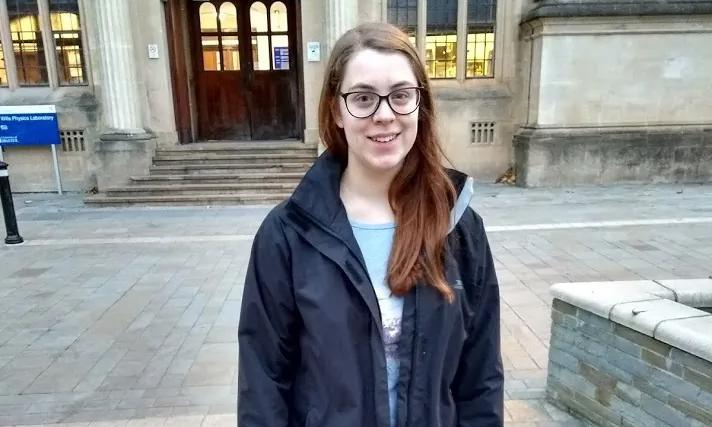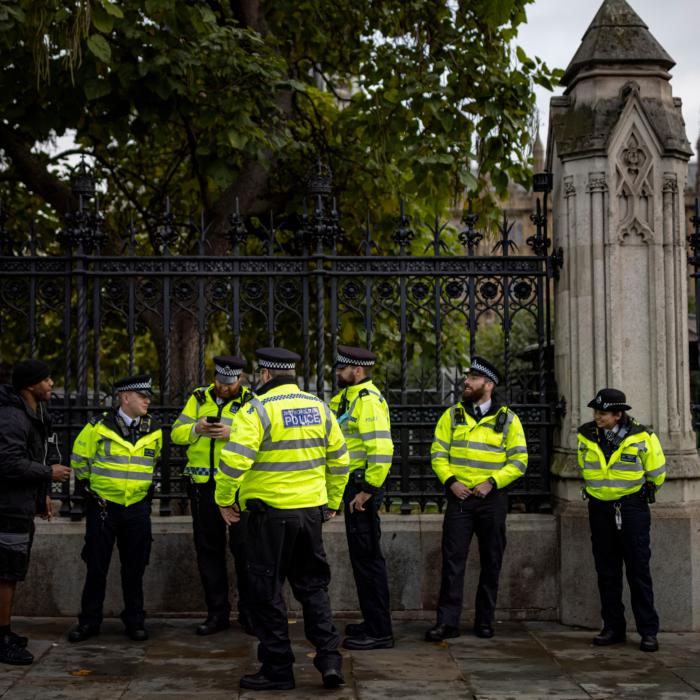The High Court has upheld a decision that the University of Bristol contributed to the suicide of disabled Natasha Abrahart by failing to make reasonable adjustments for her condition.
A 20-year-old physics student at the University of Bristol, Ms. Abrahart had Social Anxiety Disorder. She took her own life in April 2018, on the day she was expected to take part in a group presentation in front of a large audience.
The case was heard by the Bristol County Court, which in 2022 ruled that the university failed to make reasonable adjustments for Ms. Abrahart and committed indirect discrimination under the Equality Act 2010.
The university failed to remove the requirement to take part in the oral assessment assignment, which, the court said, caused Ms. Abrahart’s anxiety and distress and contributed to her suicide.
The student’s father, Robert Abrahart also made a claim of negligence, which was dismissed by the court. Ms. Arbahart wasn’t owed any relevant common law duty of care, the court said, because this was provided to disabled students under Equality Act.
Wednesday’s High Court ruling comes after appeals were filed by both the university and Ms. Abrahart’s family to the 2022 decisions.
University of Bristol appealed the finding that it was in breach of the Equality Act, while the Abrahart family appealed the decision that the university was not in breach of its duty of care.
While the High Court rejected the university’s appeal, Mr. Justice Linden also refused to say whether higher education institutions owe their students a duty of care, adding that a ruling on the issue is “not necessary.”
Mr. Justice Linden found that the university did not provide sufficient evidence to support its argument that the assessment of students’ ability to explain lab work orally was a “competence standard” and a “core competency of a professional scientist.”
The university initially said that even if oral assessments were not a competence standard, it was not reasonable to make the adjustments because Ms. Abrahart failed to engage with the disability service.
Reactions
“Natasha’s death is a tragedy—I am deeply sorry for the Abrahart family’s loss,” said vice-chancellor and president of the University of Bristol, Evelyn Welch.Ms. Welch said that the university’s appeal sought clarity on the Equality Act application when staff do not know a student has a disability, or when it has yet to be diagnosed.
“We will work with colleagues across the sector as we consider the judgment,” Ms. Welch said in a statement.
The government response was that higher education providers already have a general duty of care not to cause harm to their students through their own actions.







